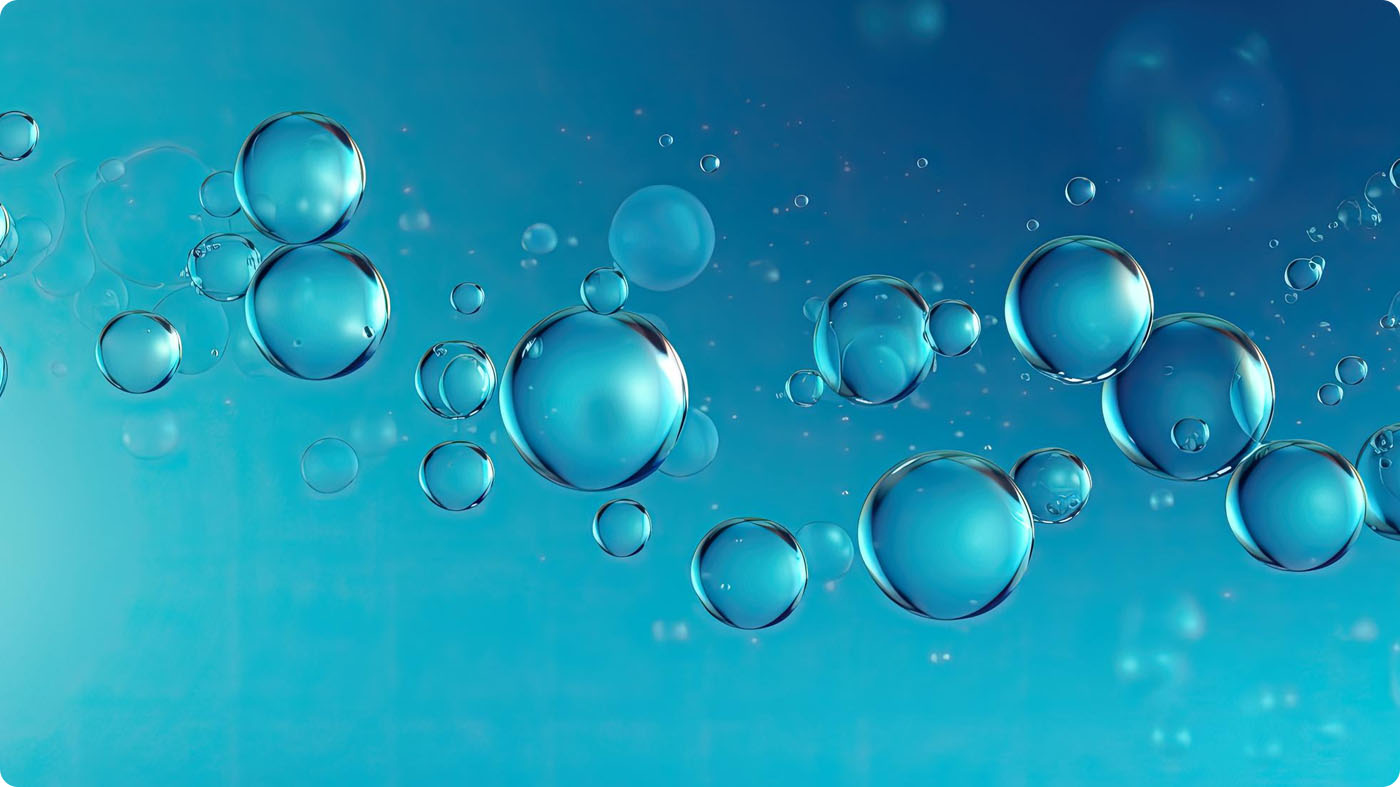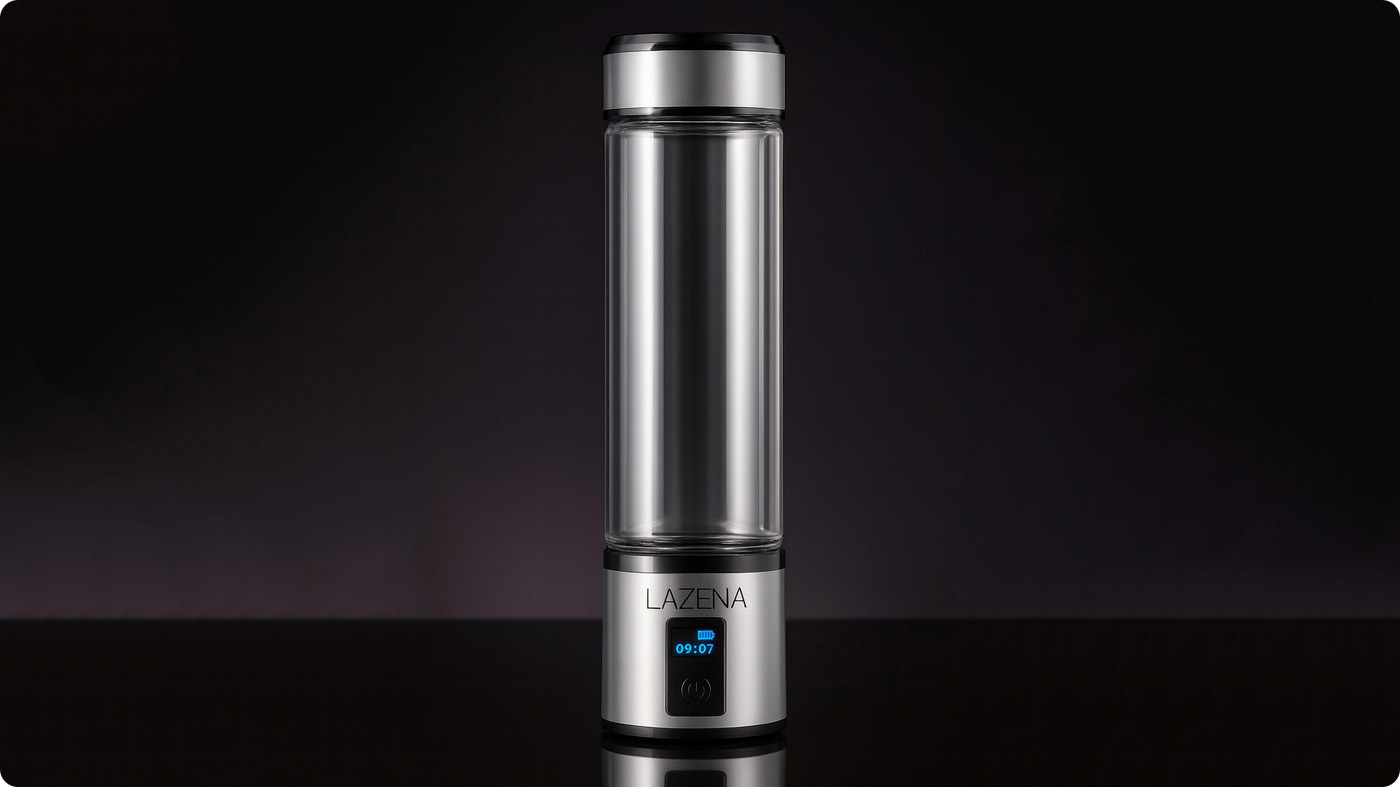Hydrogen Tablets vs Generators – Which Is Better?

Hydrogen water can be produced in different ways — most commonly using hydrogen tablets or hydrogen generators. Both methods infuse water with molecular hydrogen (H₂), but they differ in technology, concentration, long-term cost, and convenience. Understanding these differences can help you choose the most suitable approach for your lifestyle.
Hydrogen Tablets: Simple and Portable
Hydrogen tablets are magnesium-based tablets that react with water to release molecular hydrogen gas. When dropped into a glass or bottle of water, they start bubbling as hydrogen forms and dissolves into the liquid. After a few minutes, the water becomes hydrogen-rich and ready to drink.
- ✅ Advantages: Portable, no electricity required, simple to use anywhere.
- ⚠️ Limitations: Each tablet is single-use, requiring continuous repurchasing. Hydrogen concentration depends on water temperature, timing, and container type. Some tablets also release magnesium hydroxide residue, which slightly affects taste.
Hydrogen tablets are ideal for travel or occasional use, but less sustainable for daily long-term routines because of packaging waste and recurring cost.
Hydrogen Generators: Consistent and Reusable
Hydrogen generators — also known as hydrogen bottles — use electrolysis to produce pure molecular hydrogen directly from water. An electric current splits water into oxygen and hydrogen, and the hydrogen gas dissolves back into the drinking water. This method provides a stable, repeatable hydrogen concentration without disposable materials.
- ✅ Advantages: Consistent H₂ levels, reusable, no chemical residue, environmentally friendly.
- ⚠️ Limitations: Requires charging or power source and initial purchase of the device.
Modern portable generators can achieve concentrations up to ~2.5 ppm (2500 ppb) within 3–5 minutes, producing clean hydrogen-rich water anytime you need it.

Comparing Both Methods
Both hydrogen tablets and generators create the same active molecule — H₂ — but their performance and practicality differ. Here’s a quick comparison:
Which Option Fits You?
If you want quick, occasional access to hydrogen water while traveling, tablets may be convenient. However, for everyday use and consistent hydrogen concentration, electrolysis-based generators are generally more practical, sustainable, and cost-effective in the long run. Based on our experience, one of the most reliable options is the Hydrogen Water Bottle Lazena® HB-H06, which combines solid build quality, safety certification, and stable hydrogen performance.
Both approaches contribute to the same goal — making molecular hydrogen accessible to the body in a safe and efficient way.
Learn More About Molecular Hydrogen
To understand how hydrogen acts in the body, see What Is Molecular Hydrogen and Hydrogen Water Explained. For deeper context, visit Scientific Research on Molecular Hydrogen and Everyday Use of Molecular Hydrogen.

